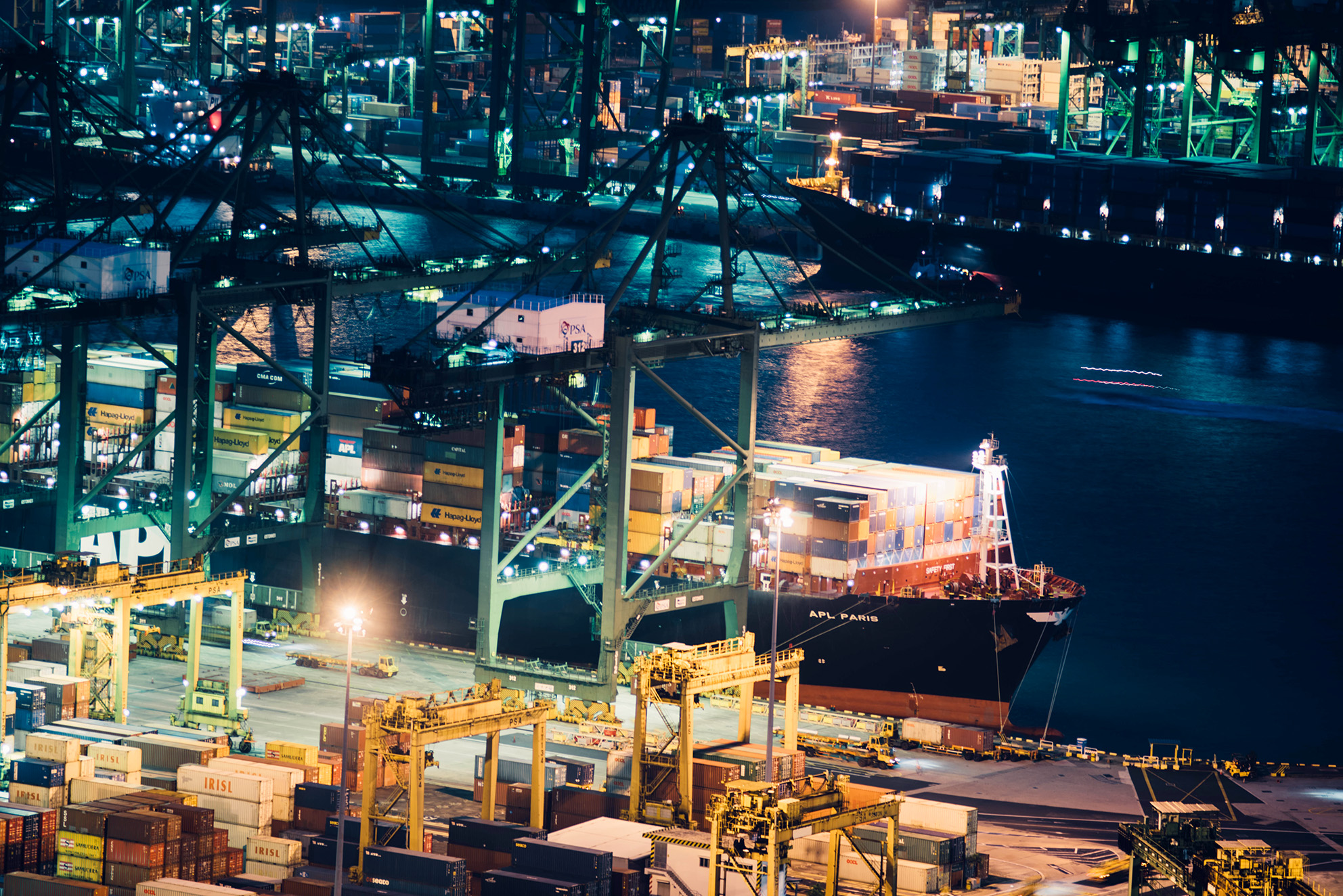Transport infrastructures, decarbonization of the sector, supply chain in ports and maritime routes, hyperconnectivity and emerging technologies. These and other topics will be addressed by shipping and port entrepreneurs, digital company leaders and academics at the meeting to be held in Valparaiso from September 27 to 29. The sustainability and resilience of the maritime-port industry and the logistics sector, as well as innovation in these areas and the search for efficiency hand in hand with technological, infrastructure and process integration, are unavoidable issues in these areas that, without fear of exaggeration, move the world. That is why the organizers of Trans-Port 2022, the largest meeting of the sector in Chile, have planned, for the congress included in the event, a program that focuses on the new generation industry. The activity, which will be held at the passenger terminal of the Port of Valparaiso from September 27 to 29, will allow exhibitors to meet with decision-makers in the sector and will give them the opportunity to build networks to update knowledge, as well as to exchange experiences in various fields. The VIII International Trans-Port Congress and Exhibition is called, in this version, “Driving the new generation maritime-port industry”. PANELS AND LECTURES The topics that have been arranged for exhibition and discussion at the congress are: the next generation of decarbonization and transportation infrastructure; the next generation of the port and maritime supply chain; and the next generation of hyperconnectivity and emerging technologies. There will be keynote talks, such as the one to be given – telematically – by Jan Hoffmann, leader of Trade Logistics at the United Nations Conference on Trade and Development. He will speak on “Sustainable and Resilient Transport and Trade Facilitation in times of pandemics and beyond: key challenges and opportunities”, on Tuesday, September 27 at 9:30 a.m. As for the thematic panels, there will be one entitled “Closing the circle of sustainability without giving up economic and social wealth” (Tuesday 27), where executives from firms in Europe, Canada and Chile will speak; another entitled “Intelligent integration of infrastructure, technology and processes to create a predictive, more efficient and productive logistics chain”, also on the opening day (Tuesday 27); and, among others, “The European Agenda 2030 for Maritime and Port Transformation” (Wednesday 28), which will have as one of its panelists Jordi Torrent, head of Strategy of the Port Authority of Barcelona (Spain). The meeting will feature panel discussions, such as “Challenges for maritime services and port productivity in the face of tight infrastructure supply and increased logistics costs of Chilean foreign trade” (Tuesday 27), “Ports as ‘hubs’ of innovation: An opportunity to trigger the economic growth of the territory” (Wednesday 28), “The Antofagasta region advances to become a Logistics Hub for the Bioceanic Capricorn Corridor” (Wednesday 28) and “The path of ports and foreign trade towards a generalized implementation of gender equity policies” (Wednesday 28). Germany, Norway, England, the Netherlands, Spain, Canada, the United States, Argentina and Peru, in addition to Chile, are some of the countries from which the speakers and exhibitors hail. Juan Carlos Muñoz, Chile’s Minister of Transport and Telecommunications, will also take part in the congress, delivering welcoming remarks at the opening ceremony.
